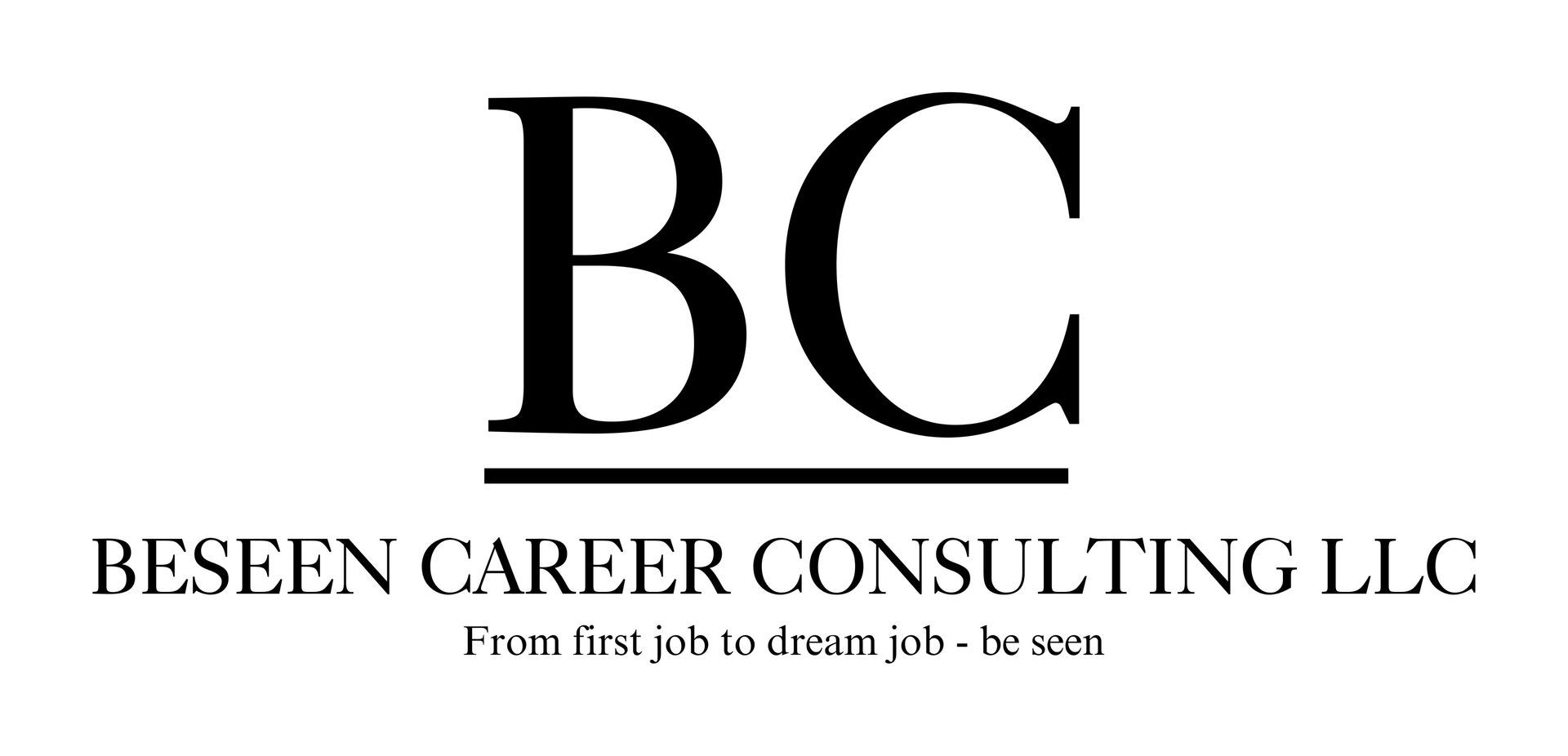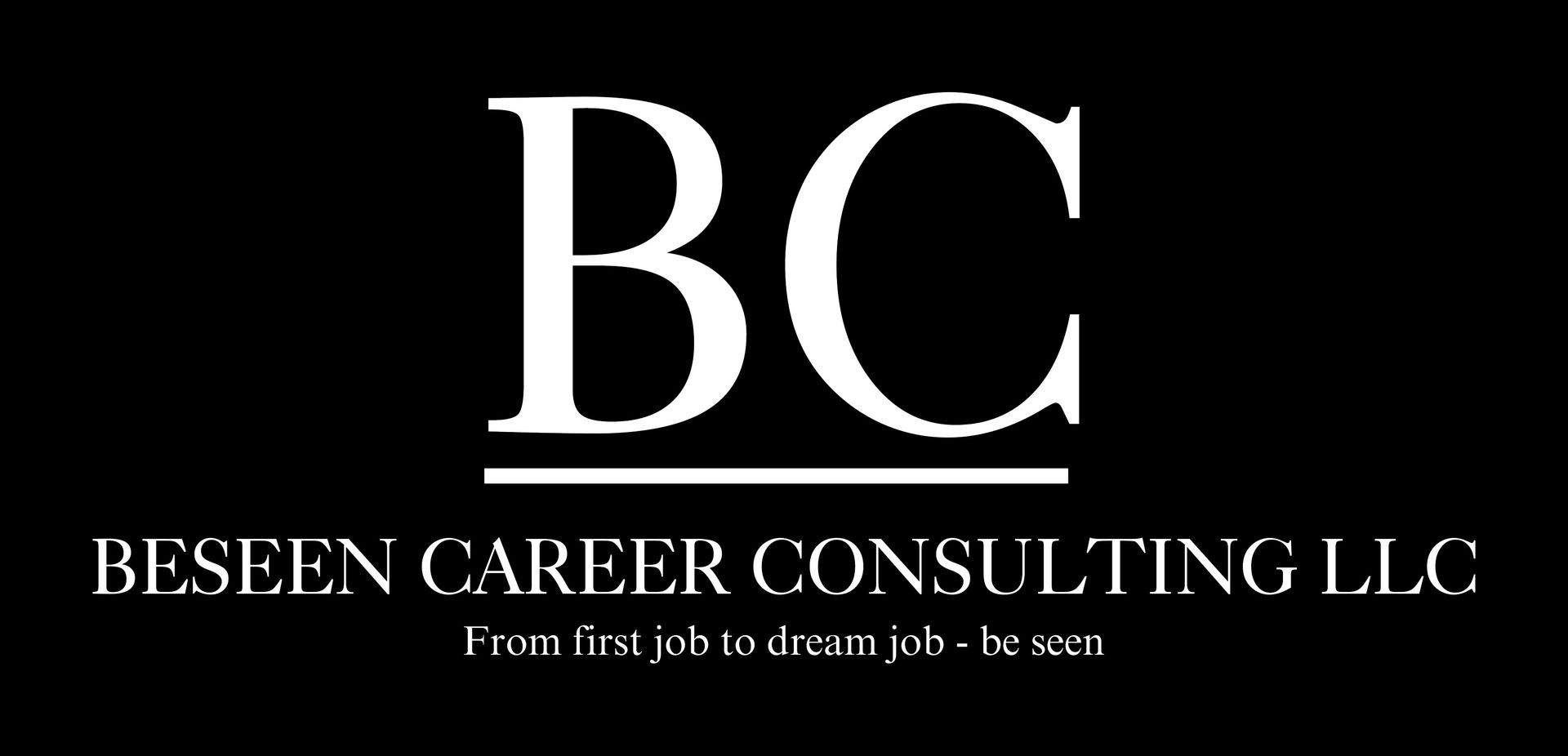Define Your Career Goals
January 13, 2025
Align Your Skills with Your Future

In today’s ever-evolving job market, having clearly defined career goals is essential for anyone looking to build a fulfilling professional life. Too often, job seekers focus solely on the next paycheck, taking roles that offer immediate financial rewards but little alignment with their long-term aspirations. This can result in a scattered resume that leaves potential employers wondering, "What does this candidate really want?"
At BeSeen Career Consulting, we encourage candidates to take a more strategic approach to their job search by understanding their existing skillsets and aligning them with future opportunities. Let’s explore how you can define your career goals and build a focused, intentional career path.
The Danger of Chasing the Paycheck: A Real-World Example
Recently, I worked with a candidate who was incredibly sharp, driven, and capable. On paper, they had a variety of experience across industries and roles. However, they had a pattern of taking jobs purely for financial reasons without considering how those roles aligned with their long-term career goals. This approach left them in a challenging position.
When they started looking for a new job, the feedback they received from employers was concerning: "You’ve been all over the place." The candidate was perceived as a "jack of all trades but master of none". Despite their impressive capabilities, their lack of a cohesive career narrative made it difficult for hiring managers to understand their value.
This situation is all too common. So, how can you avoid it?
Step 1: Assess Your Current Skillsets
Before you start applying for jobs, take a step back to reflect on your current skills. Ask yourself:
- What are my core competencies?
- Which of my skills are transferable across industries?
- What tasks and responsibilities do I enjoy most in my current and past roles?
Understanding your strengths will help you identify roles that align with your abilities and passions. If your current skillset does not match your desired role, consider upskilling or gaining additional experience through volunteer work, certifications, or side projects.
Step 2: Align Your Skills with Your Career Goals
Once you have a clear understanding of your skillsets, it is time to think about your long-term goals. Ask yourself:
- Where do I want to be in my career five years from now?
- What type of roles will help me achieve that goal?
- How can I position myself as a strong candidate for those roles?
For example, if your goal is to become a project manager, it makes sense to seek roles that offer project management exposure. Even if those roles are not at the management level yet, they should help you build relevant experience to reach your ultimate goal.
Step 3: Be Selective in the Jobs You Accept
It is tempting to accept the first job offer that comes your way, especially if the paycheck is attractive. However, taking roles that do not align with your long-term goals can hurt your career in the long run. Employers value candidates who show consistency and growth within their chosen field.
Here are some tips for being selective:
- Consider the long-term impact. Ask yourself if the job you are considering will help you build skills that align with your goals.
- Think about your career narrative. Will this role make sense as part of your career story, or will it make you look like you are bouncing around without direction?
- Do not settle for immediate gratification. While a higher salary is tempting, prioritize roles that offer growth opportunities and skill-building.
Step 4: Create a Cohesive Career Narrative
Your resume tells a story. Make sure it is a story that reflects growth, learning, and intentional decision-making. Employers want to see that you have made thoughtful choices in your career, choices that show progression toward a goal.
If your past roles do not align perfectly, do not worry. You can still craft a compelling narrative by focusing on transferable skills and showing how each role has contributed to your growth.
For example, instead of listing disparate jobs as individual experiences, frame them as part of a broader theme.
Perhaps you have developed strong problem-solving skills across multiple industries or honed your ability to adapt to different work environments. Highlight the common thread that ties your experiences together.
Step 5: Revisit Your Goals Regularly
Career goals are not static. As you grow and evolve, your goals may shift. That is perfectly normal, but it is important to revisit your goals regularly to ensure your career stays on track.
Schedule time every six months to reflect on your progress:
- Are you gaining the skills and experience you need to achieve your goals?
- Do your current responsibilities align with your long-term aspirations?
- What adjustments do you need to make to stay on course?
Final Thoughts: Your Career Is an Investment
Remember, your career is an investment in your future, your happiness, and your financial stability. By taking a thoughtful, strategic approach to defining your career goals, you are more likely to build a fulfilling career that aligns with your passions and strengths.
At BeSeen Career Consulting, we are here to help you define those goals, create a cohesive narrative, and find roles that align with your professional aspirations. Let us help you stand out in the job market, not as a jack of all trades, but as a master of your unique path.
Let’s Talk
Ready to define your career goals and align your job search with your aspirations? Contact BeSeen Career Consulting for personalized career coaching and guidance. Together, we will ensure that you are not just seen, but seen for the right opportunities!





